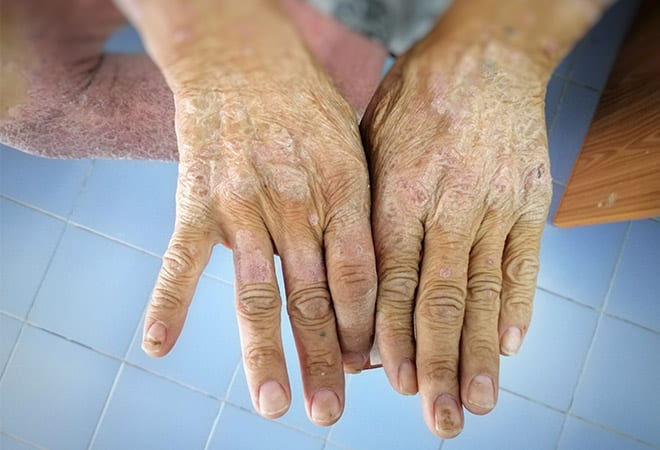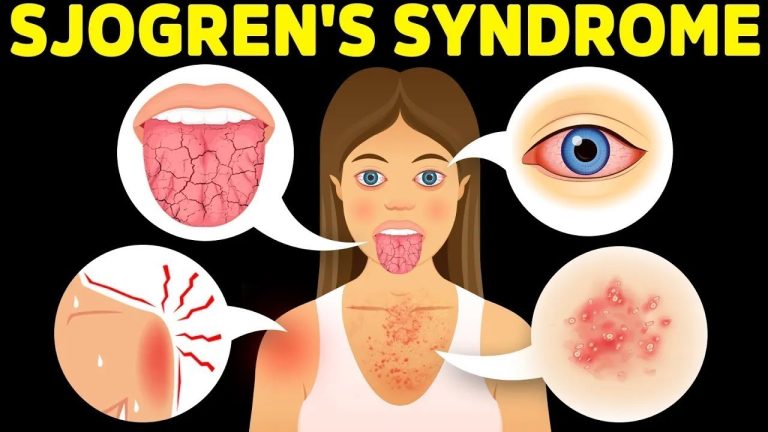Understanding Zinc Deficiency: Causes, Symptoms, and Solutions
Zinc is a vital mineral that plays a critical role in many of the body’s functions, from supporting immune health to aiding wound healing and growth. Despite being needed in small amounts, a deficiency in zinc can lead to a wide range of health problems — some of which may be subtle but significantly affect overall well-being.
In this post, we’ll explore what zinc deficiency is, why it matters, how to recognize it, and what you can do about it.
What is Zinc Deficiency?
Zinc deficiency occurs when your body doesn’t get enough zinc through your diet or has trouble absorbing it. Though it’s more common in developing countries due to malnutrition, it also affects individuals in developed nations — especially those with specific health conditions or dietary restrictions.
Why Zinc is Important
Zinc contributes to many essential biological processes, including:
- Immune system function
- Wound healing
- Cell growth and division
- DNA synthesis
- Taste and smell
- Proper growth and development in children
Because it affects so many systems, even a mild deficiency can have a widespread impact on health.
Common Causes of Zinc Deficiency
Several factors can lead to zinc deficiency, including:
- Poor dietary intake (e.g., vegetarian or vegan diets low in zinc-rich foods)
- Malabsorption disorders such as Crohn’s disease or celiac disease
- Chronic liver or kidney disease
- Excessive alcohol consumption
- Pregnancy and breastfeeding (which increase zinc needs)
- Genetic disorders, such as acrodermatitis enteropathica
Signs and Symptoms
Zinc deficiency can manifest in many different ways, depending on severity and individual health status. Common symptoms include:
- Weakened immune system (frequent infections)
- Slow wound healing
- Hair loss
- Skin rashes or rough, dry skin
- Loss of appetite
- Impaired sense of taste or smell
- Fatigue
- Delayed growth and development in children
- Diarrhea
- Irritability or depression
In infants and young children, a deficiency can result in stunted growth and increased risk of infection.
Who’s Most at Risk?
Certain groups are more susceptible to zinc deficiency:
- Vegetarians and vegans
- Pregnant or breastfeeding women
- Infants who are exclusively breastfed past 6 months without supplementation
- People with chronic digestive issues
- Individuals with sickle cell disease
- People with excessive alcohol use
How is Zinc Deficiency Diagnosed?
Diagnosis usually involves a combination of:
- Physical examination
- Medical history
- Blood tests (though zinc levels in blood may not always reflect total body stores)
A healthcare provider may also consider dietary habits and symptoms before making a diagnosis.
Treatment and Prevention
1. Dietary Changes
Eating zinc-rich foods is the best way to prevent or treat a deficiency. Good sources include:
- Red meat and poultry
- Shellfish (especially oysters)
- Nuts and seeds (pumpkin seeds, cashews)
- Legumes (chickpeas, lentils)
- Dairy products
- Whole grains and fortified cereals
2. Zinc Supplements
In some cases, especially when deficiency is moderate to severe, zinc supplements may be prescribed. It’s important not to self-prescribe, as excessive zinc intake can lead to toxicity and interfere with the absorption of other minerals like copper.
Final Thoughts
Though often overlooked, zinc deficiency can have a significant impact on your health. If you’re experiencing symptoms such as frequent infections, slow healing, or changes in taste and appetite, it may be worth evaluating your zinc intake.
Prevention is simple with a well-balanced diet. But if you suspect a deficiency, consult a healthcare provider for proper testing and guidance.
Stay informed. Eat well. And don’t underestimate the power of small nutrients like zinc in maintaining your overall health.








